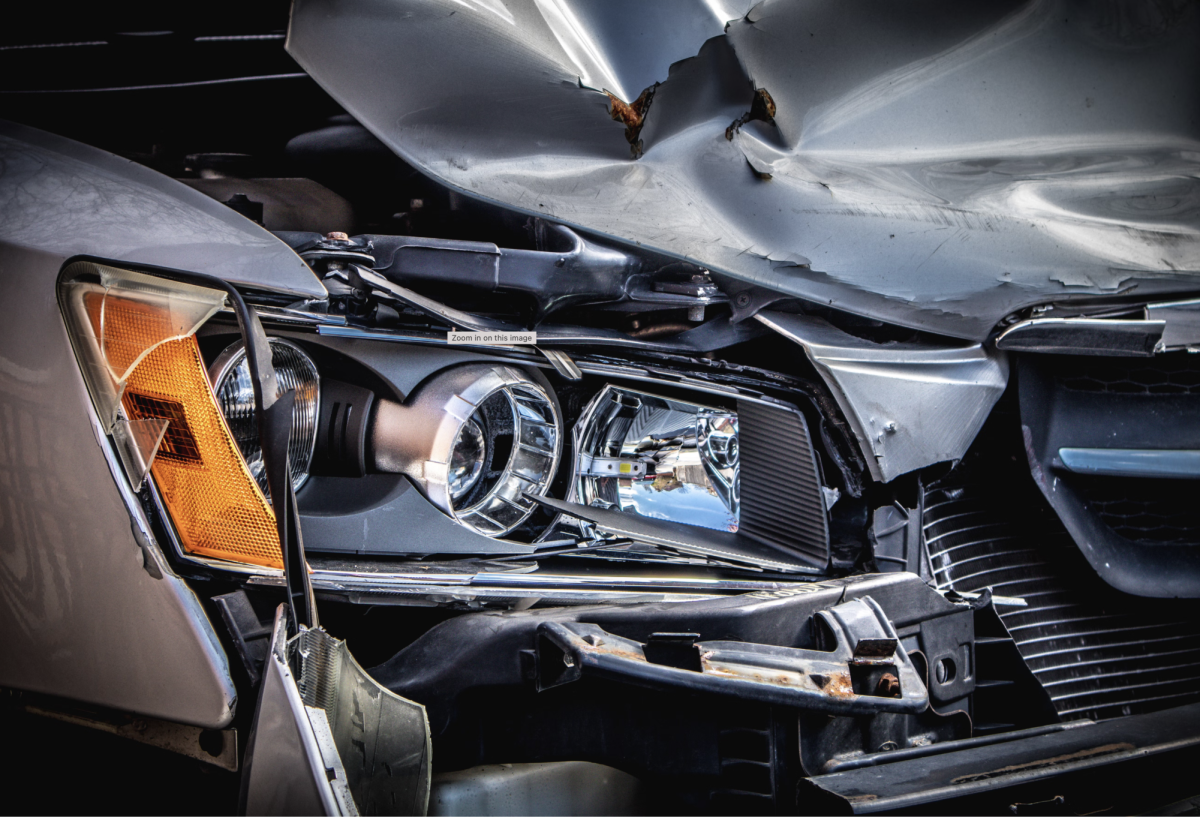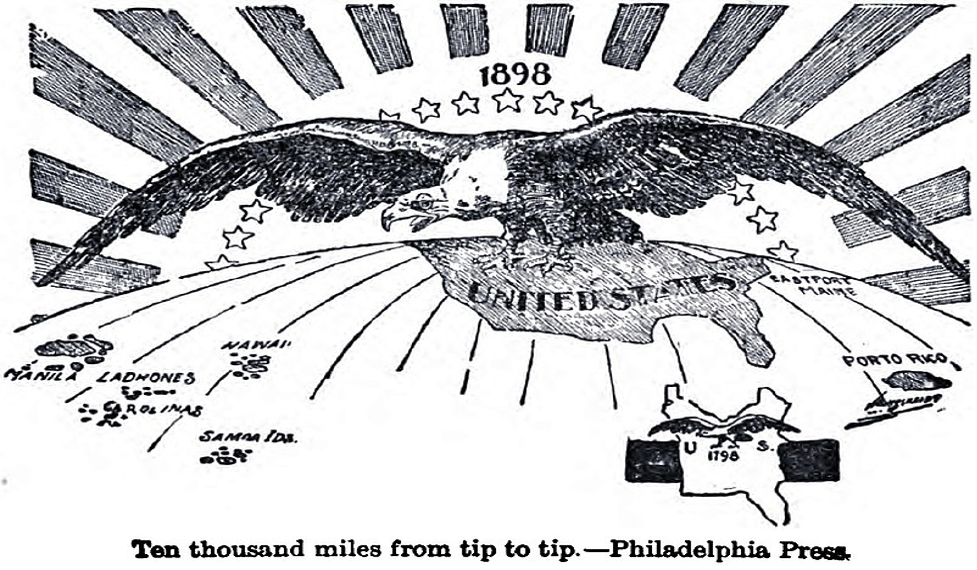On Friday, Oct. 27, 2023, Taylor Swift released the fourth album in her re-recording series, 1989 (Taylor’s Version). The album drop comes hot off the heels of its predecessor, Speak Now (Taylor’s Version), released only four months prior in July of this year. The original record of 1989 was released on the same day in 2014 under Big Machine Records, Taylor’s previous label, and debuted on the top of the Billboard Hot 200 charts with 1.287 million album sales. The newly released Taylor’s Version broke the record for most album streams on Spotify in a single day with 176 million streams in its first 24 hours on the streaming service.
Taylor Swift is set to release her new versions of the remaining two albums she currently does not own, her debut album and 6th studio album, Reputation. She’s seen critical success in her previous re-recordings so far with Fearless (Taylor’s Version), Red (Taylor’s version), and Speak Now (Taylor’s Version) all debuting at Number One on the Billboard charts.
To anyone outside of the “Swiftie” fandom, the re-recordings might be puzzling and thought of as a cash-grab or attempt to remain in the mainstream music scene, but to anyone who has an inch of awareness about Taylor’s music and her songwriting and producing process, the re-recordings are the only way for Taylor to own her old music recorded before she joined Universal Music Group and Republic Records back in November 2018 after her initial artist contract with held with Big Machine expired.
Taylor Swift was signed to record label Big Machine Records in 2005 at the age of 15, signing a 13-year and 5 album deal. The deal stated that Big Machine would own all of Taylor’s masters from the first five albums of her discography, however, Taylor could maintain the publishing rights to the albums and eventually re-record them.
Flash forward a few months later after the label switch to 2019, when news broke that Big Machine Records was being sold to music manager Scooter Braun, with whom Taylor Swift notoriously had a not-so-great relationship. She wrote on Tumblr after the news circulated throughout the media, stating “Some fun facts about today’s news: I learned about Scooter Braun’s purchase of my masters as it was announced to the world. All I could think about was the incessant, manipulative bullying I’ve received at his hands for years.”
What Taylor is talking about here is the feud she famously had with Kim Kardashian and Kanye West in 2016 after the release of his song “Famous” with lyrics that say, “I feel like me and Taylor might still have sex, cause I made that b—h famous.” Kardashian released a recording of the phone call that took place when Kanye told Taylor about the song, making it sound like Taylor was okay with the song and its lyrics after it was released.
She continues in the blog post to air out her grievances, writing “Like when Kim Kardashian orchestrated an illegally recorded snippet of a phone call to be leaked and then Scooter got his two clients together to bully me online about it. Or when his client, Kanye West, organized a revenge porn music video which strips my body naked. Now Scooter has stripped me of my life’s work, that I wasn’t allowed to buy. Essentially, my musical legacy is about to lie in the hands of someone who tried to dismantle it.”
Scott Borchetta responded to this blog post on the Big Machine website, writing “Was I aware of some prior issues between Taylor and Justin Bieber? Yes. But there were also times when Taylor knew that I was close to Scooter and that Scooter was a very good source of information for upcoming album releases, tours, etc, and I’d reach out to him for information on our behalf. Scooter was never anything but positive about Taylor.”
Scooter Braun owns the masters to her first six albums, Debut, Fearless, Speak Now, Red, 1989, and Reputation. This means that he has complete control over the albums’ content and can choose if they can be used for commercial performances.
Taylor spoke about her issues with this in late 2019, when she published another post on Tumblr claiming Scott Borchetta and Scooter Braun had blocked her from performing her old songs for the American Music Awards. She further adds “Additionally – and this isn’t the way I had planned on telling you this news – Netflix has created a documentary about my life for the past few years. Scott and Scooter have declined the use of my older music or performance footage for this project, even though there is no mention of either of them or Big Machine Records anywhere in the film. I just want to be able to perform MY OWN music. That’s it. I’ve tried to work this out privately through my team but have not been able to resolve anything. Right now, my performance at the AMA’s, the Netflix documentary, and any other recorded events I am planning to play until November of 2020 are a question mark.”
In August of 2019, Taylor publicly spoke out about this on CBS Sunday Morning with Tracy Smith when Smith initially asked her about the possibility of ever re-recording her discography thus far. Smith asked, “That’s the plan?” to which Swift replied “Absolutely.”
Swift spoke out more about her idea behind what the rerecordings mean to her in a Dec. 2019 Billboard cover story interview for Woman of the Decade. “It’s going to be fun because it’ll feel like regaining a freedom and taking back what’s mine. When I created [these songs], I didn’t know what they would grow up to be. Going back in and knowing that it meant something to people is actually a really beautiful way to celebrate what the fans have done for my music.” Swift said.
Swift released her first re-recorded album, Fearless (Taylor’s Version) in April 2021, followed by Red (Taylor’s Version) in Nov. later that year, Speak Now (Taylor’s Version) and 1989 (Taylor’s Version) both joined the re-recordings in the second half of 2023. She is well on her way to her thirteenth Number 1 album with the release of 1989 (Taylor’s Version) on track to debut at the top of the charts, according to Forbes.
With the critical success we are seeing with Taylor Swift, record labels are taking notice and subsequently changing contracts when signing new artists to their labels. Forbes reports that “Universal Music Group, Sony Music Entertainment and Warner Music Group have ‘overhauled contracts for new signees’ and want artists to wait ‘10, 15 or even 30 years’ to re-record releases after leaving their labels.”
Historically we only see artists re-record records decades after initial release when putting out a remastered or greatest hits album, but as we’ve seen with Taylor Swift, artists might start reclaiming previous works after noting Swift’s critical success.
Music representatives are working hard to push back against these new label rules, saying that so much is already limited and under contract and artists are starting to “revolt” in a way to put out music without any rules to follow that they wouldn’t like to adhere to contractually.
“Artist representatives are going to push back against that, and a certain standard is ingrained in our industry that is not easy to move away from.” Music attorney Gandhar Savur told Billboard.
Swift is not alone in the pursuit to re-release old music, artists such as Switchfoot and Neil Young have also been down the re-recording route. Consequence Sound reported, “some artists and their attorneys are going straight to the source of the masters’ debacle and are moving towards licensing deals. Rather than traditional label contracts wherein the label owns everything, licensing deals mean artists get to own their masters while labels oversee distribution.”
There’s no question that Taylor Swift re-recording her albums and seeing tremendous success has garnered attention from recording companies and record labels, but it raises concern over how labels and artists’ relationship dynamics will change in the wake of this. With labels rewriting and negotiating new contracts, more artists might be inclined to sign a deal where they have ownership of their music with labels just being merely an extra hand in marketing music.






